NIH-ACMG Fellowship in Genomic Medicine Program Management
The National Institutes of Health (NIH) seeks qualified physicians, physician assistants, nurse practitioners and genetic counselors interested in acquiring credentials and experience to lead genomic medicine research and implementation programs at the NIH, major medical centers and other organizations.
Location: Bethesda, Maryland
Application Deadline: January 12, 2025, 11:59 PM ET
Faculty
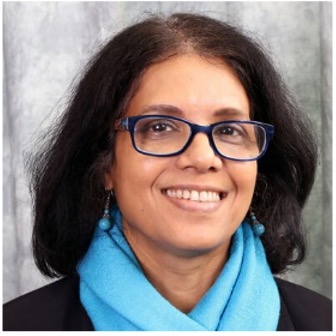
Rina Das, Ph.D.
Rotation Director, NIMHD
Fellowship Steering Committee Member
Role outside of fellowship:
Director
Division of Integrative Biological and Behavioral Sciences
NIMHD
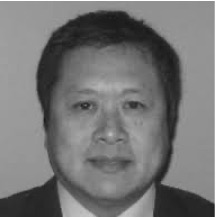
Weiniu Gan, Ph.D.
Rotation Director, NHLBI
Fellowship Steering Committee Member
Role outside of fellowship:
Program Director
Genetics, Genomics and Advanced Technologies
Division of Lung Diseases
NHLBI
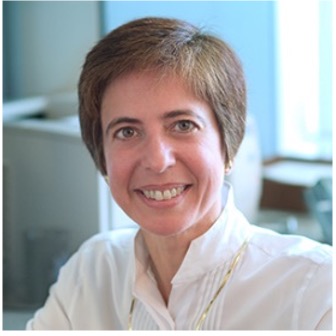
Teri Manolio, MD, Ph.D.
Fellowship Director, NIH
Fellowship Steering Committee Member
Role outside of fellowship:
Director
Division of Genomic Medicine
NHGRI
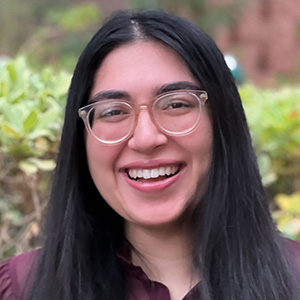
Jahnavi Narula, B.S.
Fellowship Manager
Role outside of fellowship:
Program Specialist
NHGRI
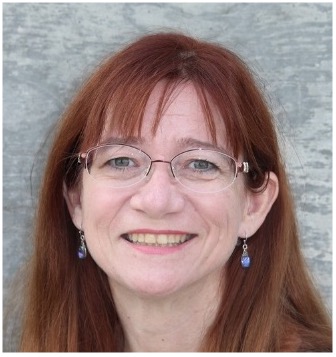
Renee Rider, MS, JD, CGC
Fellowship Associate Director, NIH
Rotation Director, NHGRI
Fellowship Steering Committee Member
Role outside of fellowship:
Program Director
Division of Genomic Medicine
NHGRI
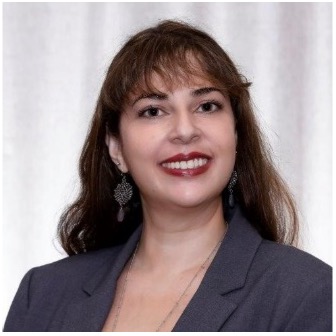
Nataly Schwartz, MBA
Manager for Recruitment and Applications
Role outside of fellowship:
Governance and Operations Manager
ACMG
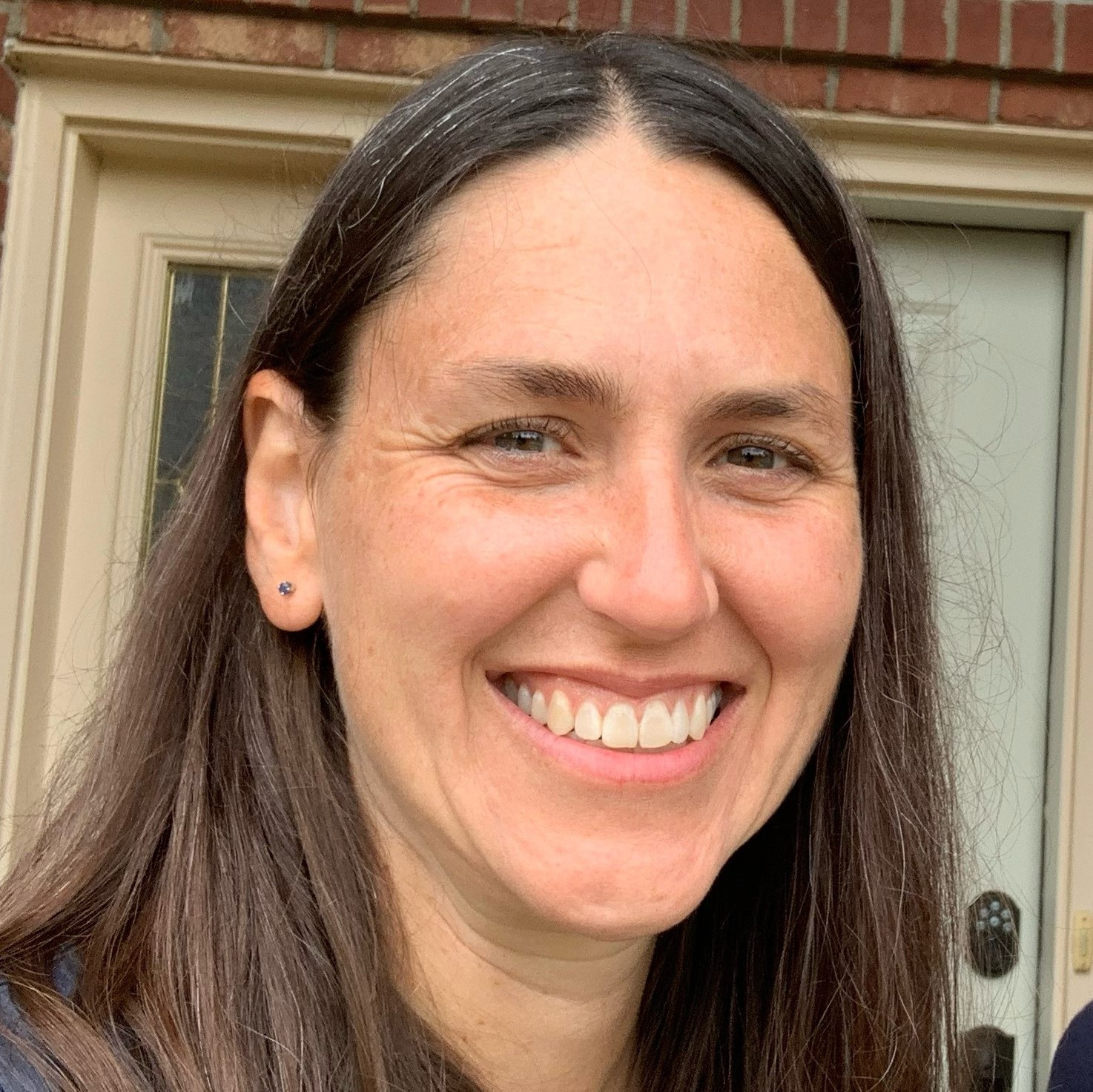
Katie Stein, Ph.D.
Rotation Director, NICHD
Fellowship Steering Committee Member
Role outside of fellowship:
Program Director
Developmental Biology and Congenital Anomalies Branch
NICHD
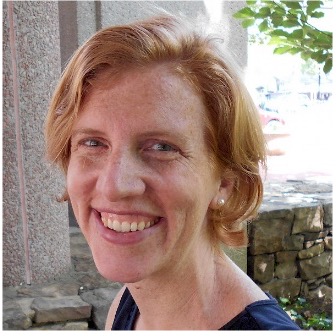
Meredith Weaver PhD, ScM, CGC
Rotation Director, ACMG
Fellowship Steering Committee Member
Mentor
Role outside of fellowship:
Associate Project Director
ClinGen
ACMG

Melanie Wells, MPH, CAE
Fellowship Co-Director, ACMG
Fellowship Steering Committee Member
Role outside of fellowship:
Chief Executive Officer
ACMG
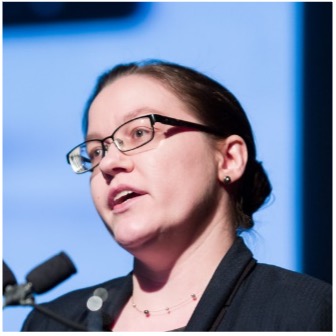
Anastasia Wise, Ph.D.
Rotation Director, All of Us Research Program
Fellowship Steering Committee Member
Role outside of fellowship:
Director
Scientific Return to Participants and Impact
All of Us Research Program
Rotation Preceptors, Clinical Supervisors, and Mentors
The following are individuals who are not formally part of the fellowship, but work with our fellows as rotation preceptors, clinical supervisors, and mentors.
Larissa Avilés-Santa, MD., MPH
Mentor, NIMHD
Utibe Bickham-Wright, PhD, PMP
Rotation Preceptor, NIMHD
Lawrence Brody, Ph.D.
Mentor, NHGRI
Kathy Calzone, Ph.D., RN, AGN-BC, FAAN
Mentor, NCI
Christine Chang, MPH
Rotation Preceptor, NHGRI
Heather Colley, M.S.
Mentor, NHGRI
Dan Kastner, MD, Ph.D.
Clinical Supervisor, NHGRI
Alanna Kulchak Rahm, Ph.D., M.S., C.G.C.
Rotation Preceptor and mentor, NHGRI
Deborah Linares, Ph.D., MA
Rotation Preceptor, NIMHD
Paul Liu, M.D., Ph.D.
Clinical Supervisor, NHGRI
Nicole Lockhart, Ph.D.
Rotation Preceptor, Mentor, NHGRI
Megan Lyon, MPH
Rotation Preceptor, ACMG
Ebony Madden, Ph.D.
Rotation Preceptor, NHGRI
Iman Martin, Ph.D., MPH, M.Sc.
Rotation Preceptor, NHGRI
Joannella Morales, Ph.D.
Rotation Preceptor, NHGRI
Nguyen Park, DMSc, M.S.
Mentor, AoURP
Karen Plevock Haase, Ph.D., M.S.
Rotation Preceptor, NHLBI
Erin Ramos, Ph.D., MPH
Rotation Preceptor, NHGRI
Francis Rossignol, M.D.
Clinical Supervisor, NHGRI
Robb Rowley, M.D.
Rotation Preceptor, NHGRI
Oleg Shchelochkov, M.D.
Mentor, NHGRI
Ben Solomon, M.D.
Mentor, NHGRI
Camilo Toro, M.D.
Clinical Supervisor, UDN
Nephi A. Walton, M.D., M.S., FACMG
Rotation Preceptor, NHGRI
Testimonials
The ACMG/NIH Genomic Program Management Fellowship has been a deeply gratifying, invaluable opportunity to learn about grants management, collaboration and leadership. An immersive experience in various settings, it allows for a deep dive into project, portfolio and program management at the forefront of genomics. The keystone of this program is sage mentorship from faculty and collegial experiential learning between fellows across clinical disciplines (PAs, NPs, genetic counselors). In very simple words, you get to meet and learn from many diverse and brilliant people doing very cool things!
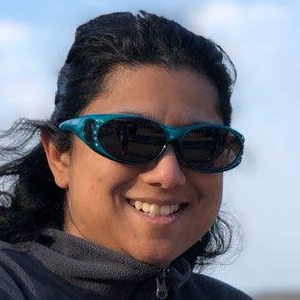
Dee Burkardt, D.O.
2021-2022 ACMG-NIH Fellow
Current position: Staff Clinician, Department of Pediatrics, NIH Clinical Center
The level of exposure to great leaders in the field of genetics and genomics has been incredible. For a person like me, who wants to understand how everything works, getting to understand the nitty-gritty behind grants management has been fascinating and very educational. In addition, every person I’ve worked with has been generous with their time and guidance, including all my co-fellows who have been a source of expertise and friendship that was unexpectedly lovely.
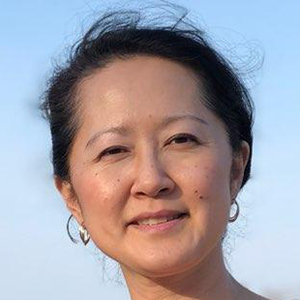
Nguyen Park, M.S., PA-C
2021-2023 NIH-ACMG Fellow
Current position: Health Scientist Administrator, All of Us Research Program, NIH
I worked in a clinical setting for over 8 years. I was at a point where I realized that the best way for me to help my patients was to step back and look at the bigger picture — specifically, working with researchers. I wanted to help improve genetic care and how we provide that care. What better place could there be to do that than at the NIH? This fellowship was the perfect opportunity for me to learn more about how research is managed, and a great way to get my foot in the door and make connections.
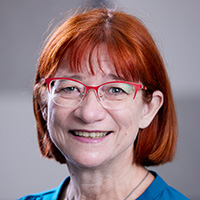
Renee Rider, M.S., J.D., LCGC
2020-2022 NIH-ACMG Fellow
Current position: Program Director, Division of Genomic Medicine, NHGRI
The NIH-ACMG Fellowship continues to exceed my expectations. The extraordinary hands-on learning experiences at the forefront of genomics, along with abundant networking opportunities, are expanding my genomic medicine program management skill set within and beyond my research and clinical interests in precision health for the neonatal/pediatric population. Accomplished fellowship mentors generously share their scientific expertise as well as insights regarding post-fellowship career endeavors. The co-fellows are a multidisciplinary, collaborative team of gifted clinicians who have become treasured friends.
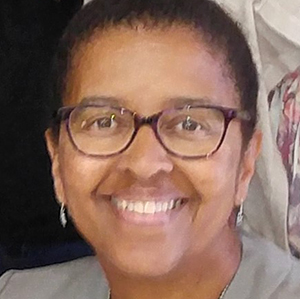
Valerie Willis, Ph.D., RN, PPCNP-B, PCNS-BC
2020-2022 NIH-ACMG Fellow
Current position: Visiting Assistant Professor, Department of Medical and Molecular Genetics, Indiana University School of Medicine
Last updated: December 10, 2024
